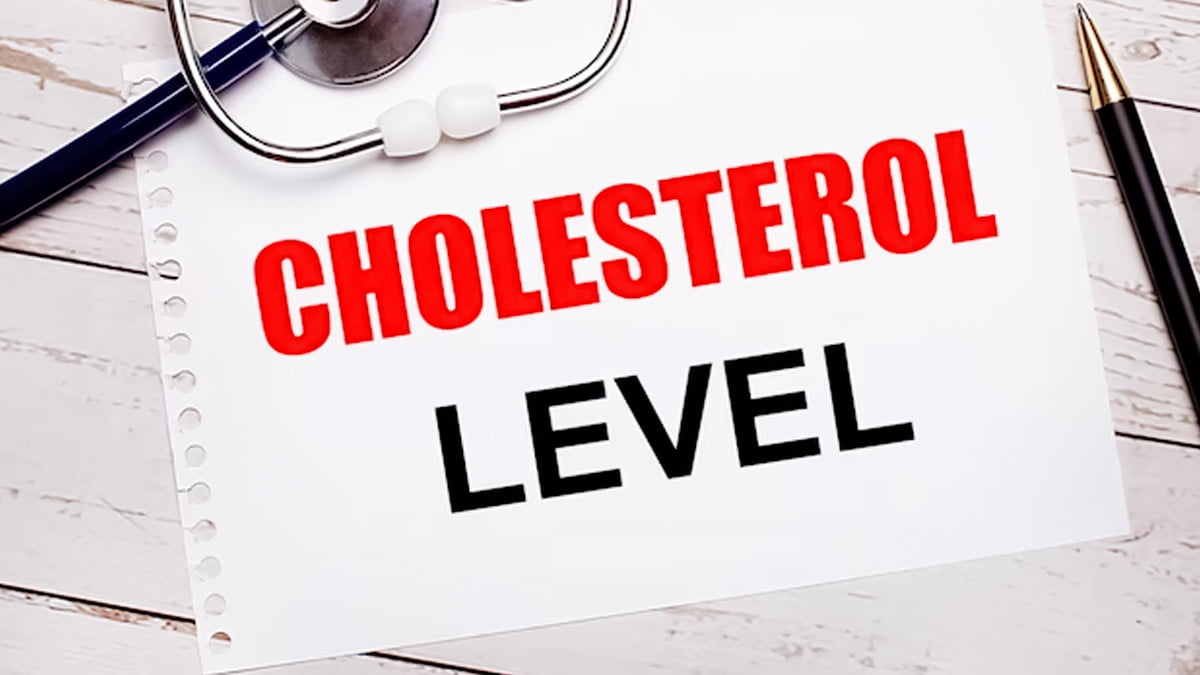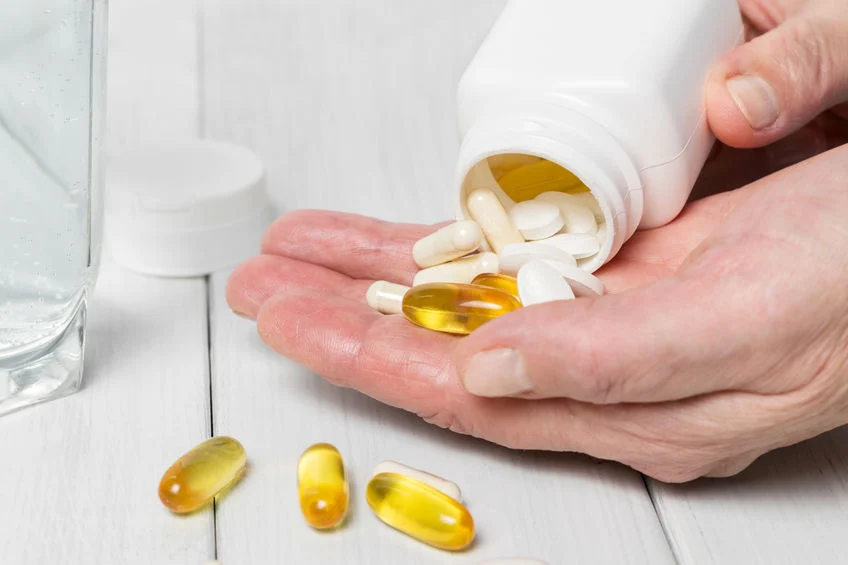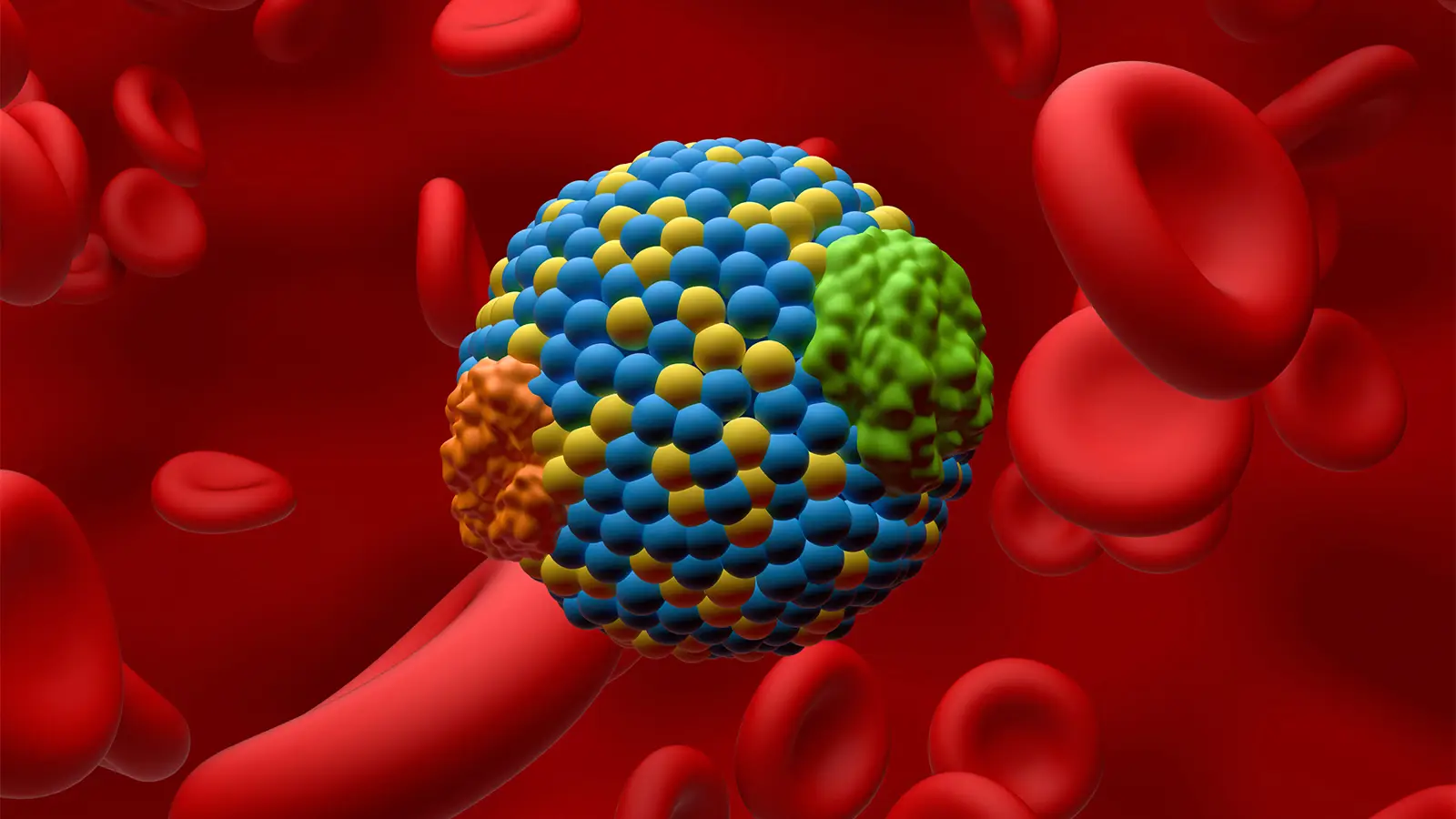Unlocking the Benefits of HDL Cholesterol: Understanding HDL Cholesterol

Introduction
Cholesterol is a buzzword in the world of health and nutrition, often associated with heart disease and dietary caution. However, not all cholesterol is created equal.
There’s a type of cholesterol that’s not just good but essential for your well-being: high-density lipoprotein (HDL) cholesterol. In this article, we’ll explore the world of “HDL Cholesterol“, understand its benefits, and learn how to promote and maintain healthy levels.
Cholesterol: The Good vs. The Bad
To comprehend the significance of HDL cholesterol, it’s important to distinguish between “good” and “bad” cholesterol.
Low-Density Cholesterol

LDL cholesterol is often dubbed “bad” cholesterol because it can accumulate in your arteries, forming plaque and increasing the risk of heart disease. High levels of LDL cholesterol are generally considered unhealthy.
High-Density Cholesterol
HDL cholesterol, on the other hand, is often referred to as “good” cholesterol because it plays a crucial role in removing excess cholesterol from the bloodstream and transporting it to the liver for excretion. Higher levels of HDL cholesterol are associated with a reduced risk of heart disease.
The Role of HDL Cholesterol
HDL cholesterol is like the body’s cleanup crew. It has several essential functions:
Cholesterol Transport
HDL acts as a scavenger, picking up excess cholesterol from your blood vessels and tissues and preventing the buildup of plaque.
Anti-Inflammatory Properties
HDL also has anti-inflammatory properties, which are vital because inflammation is a key driver of heart disease.
Click here to know about What is Kecveto?
Antioxidant Effects
HDL can help protect your cells from oxidative damage, reducing the risk of atherosclerosis (narrowing of the arteries) and heart disease.
Reverse Cholesterol Transport
HDL carries cholesterol away from the arteries and back to the liver for disposal, a process known as reverse cholesterol transport. This helps to maintain a healthy balance of cholesterol in the body.
The Ideal HDL Cholesterol Levels
Having high levels of HDL cholesterol is generally considered a good thing, as it can reduce your risk of heart disease. However, what constitutes an “ideal” level can vary based on individual factors. In general:
For men, an HDL cholesterol level of 40 milligrams per deciliter (mg/dL) or higher is considered good.
For women, an HDL cholesterol level of 50 mg/dL or higher is considered good.
Keep in mind that these are general guidelines, and your doctor may recommend different targets based on your overall health and risk factors.
How to Boost HDL Cholesterol
If your HDL cholesterol levels are lower than desired, there are lifestyle changes you can make to help boost them:

Exercise regularly
Physical activity can increase HDL cholesterol levels. Aim for at least 150 minutes of moderate-intensity exercise per week.
Consume Healthy Fats
Include sources of healthy fats in your diet, such as olive oil, avocados, fatty fish (like salmon and mackerel), and nuts.
Quit smoking
Smoking can lower HDL cholesterol levels. Quitting smoking can improve your HDL levels and overall heart health.
Limit Trans Fats
Trans fats, found in many processed and fried foods, can lower HDL levels. Avoid or minimize your consumption of foods containing trans fats.
Moderate Alcohol Consumption
Some studies suggest that moderate alcohol consumption may raise HDL levels, but this should be done with caution and only if it fits your overall health plan.
Maintain a Healthy Weight:
Achieving and maintaining a healthy weight can positively impact your HDL cholesterol levels.
Choose Fiber-Rich Foods

Foods high in soluble fiber, like oats, beans, and fruits, can help boost HDL cholesterol.
In Conclusion
Understanding the role of HDL cholesterol and its benefits is essential for maintaining good heart health. By promoting higher levels of HDL cholesterol through lifestyle changes and a heart-healthy diet, you can reduce your risk of heart disease and enjoy the protective benefits of this “good” cholesterol. Remember to consult with your healthcare provider for personalized advice on managing your cholesterol levels and overall cardiovascular health.



